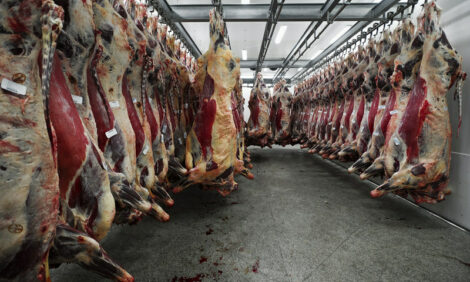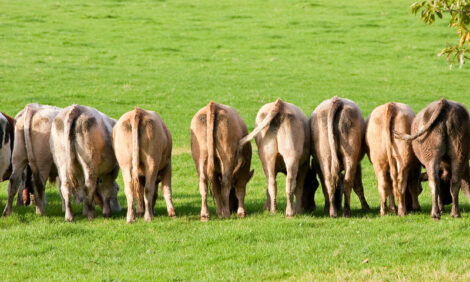



2011 Grain Production Expected To Fall
GERMANY - The growing popularity of biofuels and the regulations designed to promote their use are changing the landscape of German grain production.With draft legislation allowing the sale of E10 in German petrol stations gaining Bundesrat approval, bioethanol use in Germany can only increase.
This will boost production of wheat and corn, though barley is likely to lose popularity, according to Business Monitor International.
"We are forecasting production of barley to fall 8.6 per cent over our five-year forecast period to 2015," BMI says.
Wheat production in 2010/11 is expected to fall to 23.2mn tonnes, down 7.9 per cent year-on-year as a result of damage by persistent rains.
Barley is to come in at 10.3mn tonnes, down 15.9 per cent y-o-y.
Corn is to fall to 3.7mn tonnes, down 18.5 per cent.
Low milk prices prevalent in 2009 and a quota increase of one per cent forced some industry exits, resulting in reduced output. In 2010 BMI estimates production rose 1.4 per cent y-o-y to reach 27.8mn tonnes.
In 2011, production is likely to rise marginally to 27.9mn tonnes.
BMI expects pork production in 2011 to rise by a healthy 5.2 per cent to 5.63mn tonnes.
Output growth is expected to maintain a strong upward trajectory and expand by 22.0 per cent up to 2015, consolidating Germany's place as the EU's top pork producer, accounting for around 20 per cent of the entire EU pork market.
In 2011, sky-high sugar prices are likely to result in a decrease in consumption.
BMI is forecasting consumption to come in at 3.11mn tonnes, down 2.2 per cent y-o-y.
Over a five-year forecast period from 2010, sugar consumption is predicted to decline by just over five per cent to 3.02mn tonnes in 2015.
Although an attempt to introduce E10 bioethanol fuel to petrol stations in 2008 failed following protesters from car importers, this time the government looks likely to succeed, BMI says.
In November, the German Bundesrat approved draft legislation allowing E10 to be sold from 1 January 2011.
Germany is leading the way with meat origin labelling and has been promoting voluntary use of D/D/Dlabels (born/raised/slaughtered).
What has until now been a voluntary scheme looks likely soon to become EU law.
In early December 2010, EU health ministers voted in favour of extending compulsory labelling of agricultural produce to cover lamb, pork and poultry.
The move should help to protect German products from cheaper imports from countries such as Eastern Europe, Thailand and Brazil.
The European Commission announced proposals on dairy industry reform in December 2011.
They include improving contractual relations between producers and processors and allowing farmers to negotiate with processors collectively.
BMI says it expects these proposals to support production when they are implemented and it says it is watching developments closely.
TheCattleSite News Desk


